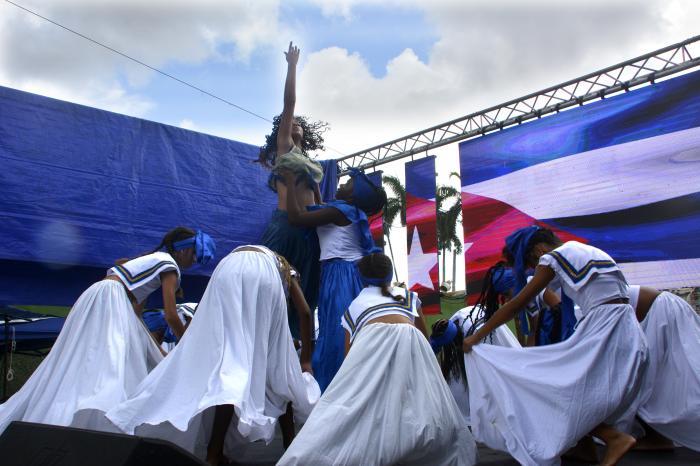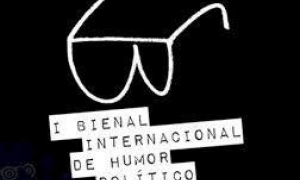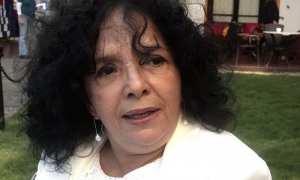
It is impossible to understand the process of forging the Cuban nation, or the island's struggle for independence and to preserve its self-determination, without turning to culture. Fernando Ortiz said that "Culture is the Homeland", and rethinking both as an indissoluble unit, on which the strength of the country's project and its future depends, is essential.
That need will guide the debate of writers, musicians, scenic and plastic artists, and film, radio and television creators, today and tomorrow, at the 10th Congress of the Union of Writers and Artists of Cuba (Uneac), whose program proposes as core issues the social commitment of art and the contribution to cultural decolonization.
In this regard, Abel Prieto, president of Casa de las Americas, said that the organization has never been pigeonholed in trade union issues, because although it defends its members, it has always thought about "the rights of the nation and the needs of culture."
He added that the word of writers and artists, who constitute the intellectual and ethical vanguard, can help a lot in the current complex and tense moment.
The Honorary President of Uneac, Miguel Barnet, insisted that culture saves and helps to strengthen us in the face of all contingencies: "Culture is the Homeland, the Homeland is humanity, but humanity is our home, which we have to protect, care for, safeguard and love."
The 10th Congress includes the work in commissions by associations and the balance of what has been done during the last five years; and the interrelation between the artistic vanguard and the cultural institutions will be evaluated. In preparation for the event, the delegates held meetings with officials and authorities of the country, who gave an overview of their spheres.
Marta Bonet, president of the organization, explained that the process was thought from the base, with the proposals and agreements that have been discussed "in each of the spaces of confluence of writers and artists, from San Antonio to Maisí," and a wide representation will attend, elected "in the assembly process of sections, branches, and provincial committees that we started to do, since January last year."
The spirit of unity expressed by Fidel in his words to the intellectuals - "you have the opportunity to be more than spectators: to be actors of this revolution, to write about it, to express yourselves about it," - and ratified by the First Secretary of the Central Committee of the Communist Party of Cuba and President of the Republic, Miguel Díaz-Canel Bermúdez, at the closing of the previous Congress, will be in force.






